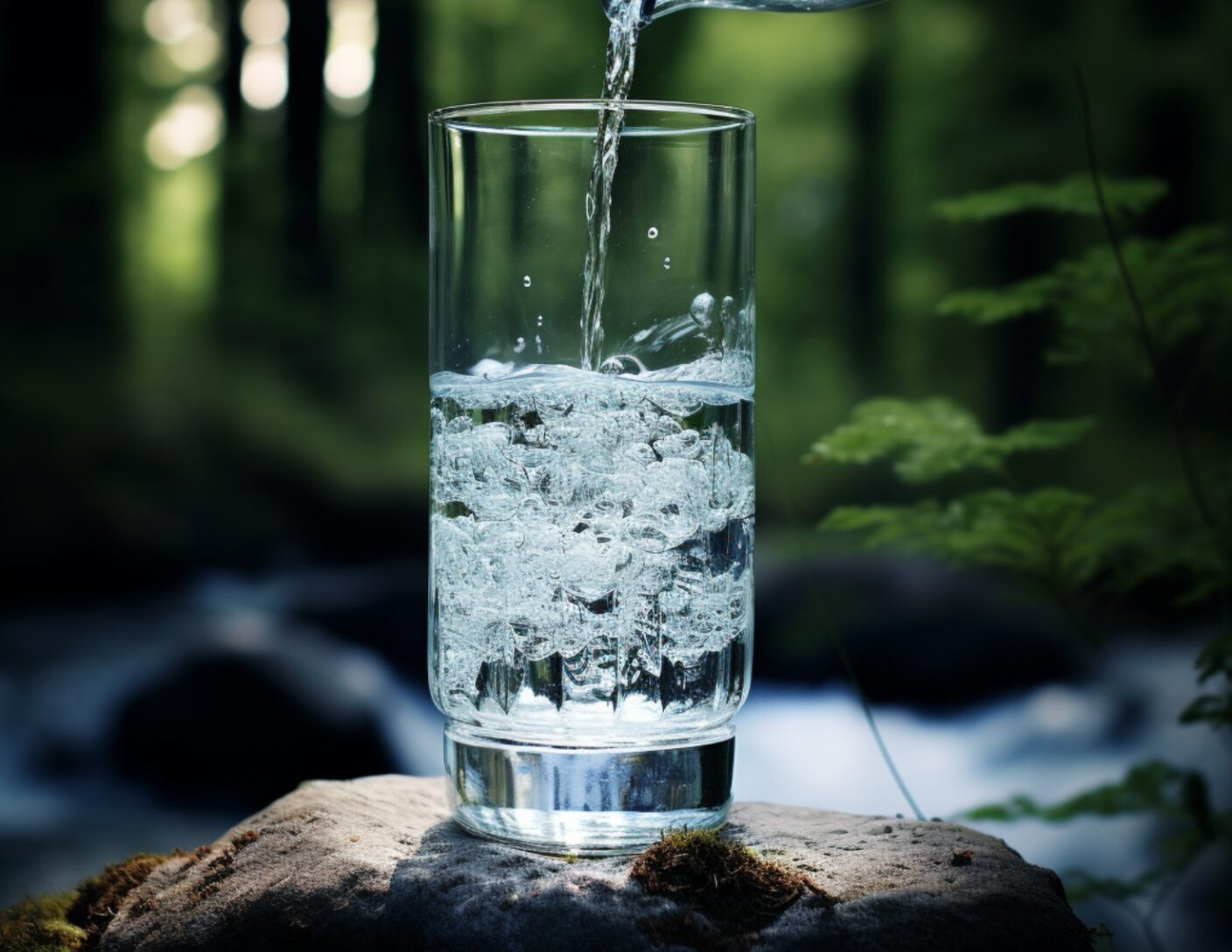How many glasses of water do you drink everyday? If you are following Mayo Clinic Guidelines, RDAs for men index 15.5 cups (3.7L) per day, and 11.5 cups (2.7L) per day for women. Using the common approximate measure of 8-glasses of water a day appears accurate.
Being a person of caliber apt to seeking information as painted in the Left Coast Cave, and fit enough to be pulled naturally at consuming water in quantities north of 8 glass reco, I compel adding additional effort when filling the tank with water sourced from local city municipalities. Many of us in this health forward community put rigor in selecting organic broccoli’s or grass fed beefs, and we contend that increased vigilance in sourcing of water should also be given additional consideration.
Having recently came upon content from a reputable source with mention of fluoridation being a common practice of most local municipal water sources (originally believing this to be a tin foil subject matter), I followed up with additional research of my local water utility, dredging to confirm said fluoridation along with other chemical additives including chlorine & ammonia (disinfection) and corrosive control measures are routinely supplemented. Along with these “health & wellness additives”, USGS studies are confirming concerns regarding leeched traces of pharmaceuticals in surface, ground, and drinking water from increased usage and disposal in high population density centers and not currently filtered or ameliorated by infrastructure.
Fluoride: Added to increase dental health of communities since the 1940’s. But since the advent and common adoption of fluoridated toothpastes the question as to whether this drinking water additive is still necessary is being argued as comparative studies suggest there is no difference in dental carries (tooth cavities) in countries with or without fluoridated drinking water. Absent of benefits, risk of over fluoridation remains present including proxies noted as pitting on teeth, white spots on enamel, and even concentrations in skeletal bone stimulating bone cell growth and altering tissue structure. Nerve and brain cell toxicity Is also a locus of concern. Recently, concentrations of added fluoride to water supplies has been adjusted and research is still lacking in potential sensitivities according to Harvard Public Health article. There are also interesting studies suggesting that fluoride may contribute to calcification of Pineal Gland; a small gland not separated by blood brain barrier in the brain responsible for time keeping of the circadian day night rhythm via hormonal secretion.
Disinfection: Chlorine is added to kill remaining parasites, bacteria, and viruses. When chlorine interacts with naturally occurring organic matter (depending on time of year and water origination) trihalomethane (THM’s) are formed; and consumed in excess of state & federal limits may cause cancer.
Anti-Corrosives: Water chemistry adjustments to minimize corrosion of metal pipes and plumbing fixtures. Adding calcium hydroxide (lime) and sodium hydroxide (caustic) achieves a slightly alkaline condition preventing water from corroding distribution pipes and fixtures keeping stubstances like lead, copper, and heavy metals from leeching.
Solution: Get a reverse osmosis home filtration system.
Although a Brita filtration system does effectively remove heavy metals, chlorine, they do not filter fluoride, viruses, or bacteria. Using a reverse osmosis system will remove the aforementioned with the addition of filtering our said fluorides, bacteria, & viruses. Some systems even come with a small multi gallon reserve which could be prudent in emergency situations. See link below for recommended equipment.
Water is the solvent of the sacred, and a critical life sustaining substance that should be consumed in most organic form. Filter your water and hydrate pure.
https://www.usgs.gov/special-topics/water-science-school/science/pharmaceuticals-water; https://www.webmd.com/sleep-disorders/what-to-know-about-calcification-of-the-pineal-gland; https://www.ebmud.com/water/about-your-water/water-quality/water-quality-faqs/; https://www.mayoclinic.org/healthy-lifestyle/nutrition-and-healthy-eating/in-depth/water/art-20044256;














